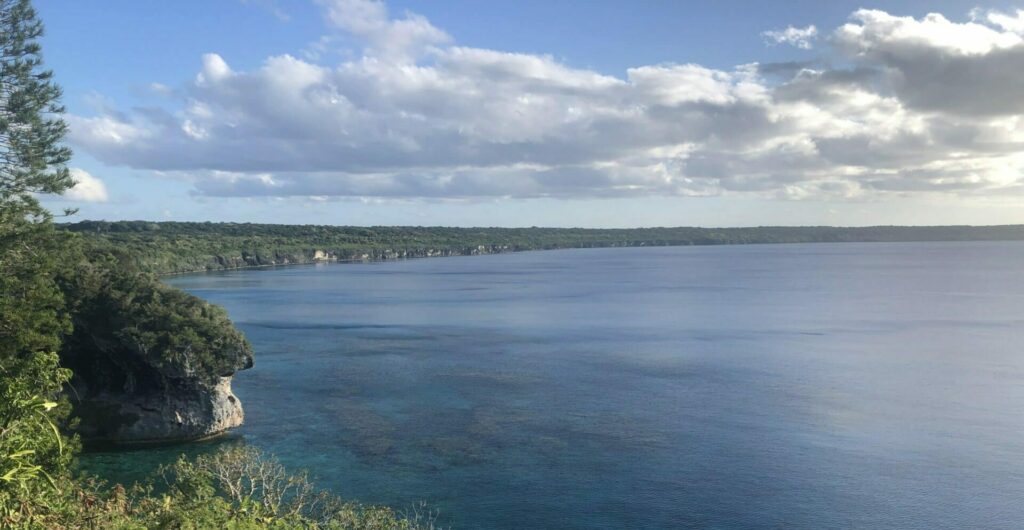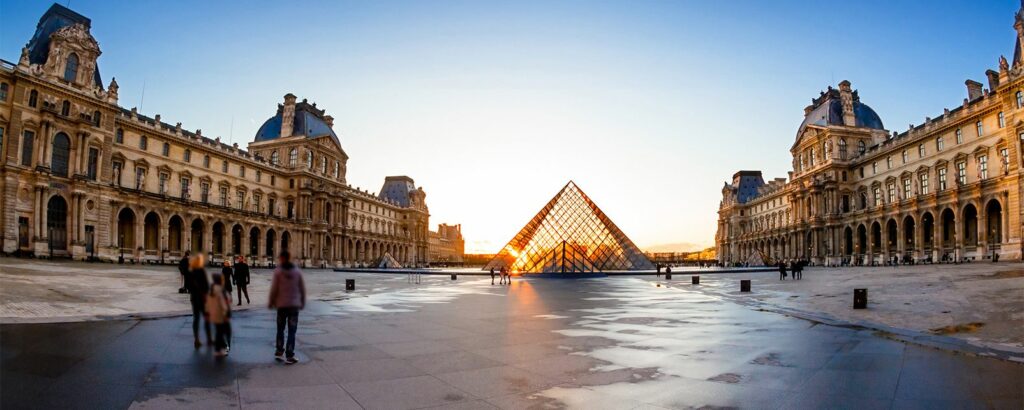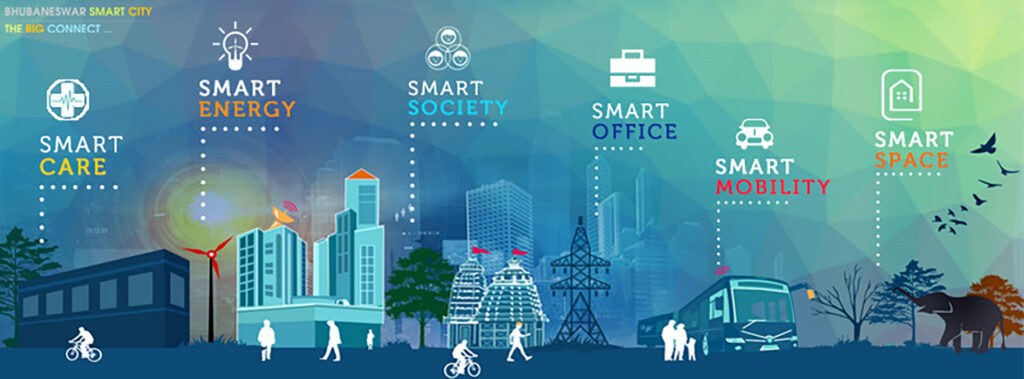ANOTHER TOURISM IS POSSIBLE – PART 3
IN THE EYE OF THE ENVIRONMENTAL CYCLONE
Like the best sagas of the summer such as Zodiac, the Château des Oliviers or Châteauvallon, we offer you a mini-series in three parts that will keep you spellbound on the theme of another type of tourism. Good reading.
In the eye of the environmental storm
I must admit that I had a hard time getting started in writing this last part. Surely for fear of making yet another theory instead of staying in a practical aspect, or quite simply because the subject is noticeably « touchy » at the moment.
As usual, the media have made it their gondola head and strive to seek a contrast that cannot exist.
Tourism, in summer, is good, it sells in the weather pages or to illustrate the emptiness of news newspapers (continuous or not, the level remains roughly the same). But apart from the summer break introduced during the Glorious Thirties, Tourism is becoming poorly perceived. It pollutes, it uses planes, cars, it wears out the coastline, it disfigures the mountains. Fine, but that’s nothing new either.
This world, we created it. It will now be more difficult to modify it after so many years spent in a certain modernity or the resources being supposedly unlimited.
In Egyptian mythology, the universe is born out of chaos with the sun, the gods, humanity. This state of chaos regenerates every 2500 years and change does not exist, civilizations have died out without really changing.

Edgar Morin said in 2016:
“The planet is subject to antagonistic processes of disintegration and integration. Indeed, the whole human species is united under a « community of destiny », since it shares the same ecological or economic perils, the same dangers caused by religious fanaticism or nuclear weapons. This reality should generate a collective awareness and therefore weld, solidarize, hybridize. But the opposite prevails: we curl up, we dissociate, fragmentation imposes itself on decompartmentalization, we shelter behind a specific identity – national and/or religious. The fear of the foreigner imposes itself on the reception of the foreigner, the foreigner considered here in its broadest senses: he wears the face of the immigrant, the Roma, the North African, the Muslim, the refugee Iraqi but also encompasses everything that gives the impression, founded or fantasized, of undermining economic, cultural or civilizational independence and sovereignty. This is what « makes » a planetary crisis, and even planetary anguish since this crisis is accompanied by an absence of hope in the future. »
At the start of the 1980s, the Western world thought it was firmly on its feet in the extension of the mythical « Trente Glorieuses » and firmly convinced of building a rising society; for their part, the Soviet Union and China announced a radiant horizon. In short, almost everyone could have faith in the future. This faith has been shattered, including in so-called « third world » countries, and has given way to uncertainty, fear and despair.
Article from the Tribune Edgar Morin: « The time has come to change civilizations
Change of civilization more than habits
In the eye of the environmental storm
Marc Halévy, who wrote a very good book on Tourism under the title: Tourism Tomorrow, building a new journey, is based on the work of physicists and historians who have defined constants in humanity since it exists. 500 year cycles.
And explains “What is happening to us? »
The cycles exposed by Marc Halévy are as follows:
- Wisdom at the time of Greek antiquity: the disappearance of this civilization is that of the invasion of the Greek cities (-150 BC).
- Order: the paradigm of order by Roman civilization disappears with the fall of the Roman Empire (+ 380 AD).
- Feudal mutation takes over until +920 AD. J.-C.
- Salvation with rebirth until + 1450.
- The last civilization is that of modernity. It must die out in the 2000s.
It’s us !
In this crossing of two paradigms. And in this zone of turbulence, which is to last 50 years. Started in 1975, it will continue until around 2025.
According to him, what are the 5 fundamental changes of our current world?
- Ecology: from abundance to scarcity.
- Technology: from mechanical technology to digital technology.
- Sociology: from hierarchical models to complex models.
- The economy: from the economy of mass and price to an economy of value and intelligence.
- Ethology: from « succeeding in life » to « succeeding in my life ».
All of these elements are currently facing a paradigm shift, which began in 1975 and is still going on… hard to deny.
These false beliefs that got us in
In the eye of the environmental storm
An exponential growth that was born during the Glorious Thirties and which gives birth, as far as our subject is concerned, to the standardization of world tourism. This period focuses mainly on economic recovery with a « whatever the cost » of the time. Let us just remember that, not only did the Second World War monopolize productive systems and destroy an enormous amount of capital, but we must not forget that it succeeded the crisis of the 1930s, which had generated a currency war and a fall in trade. international of the order of 40% in volume.
With peace, the time has come for the reconstruction and modernization of economies, and as the neoclassical growth model developed by R. Solow explains, it is precisely this catch-up in the level of capital per capita that gives the Thirty Glorious these exceptional growth rates.
Moreover, we can notice that it is the capitalist countries most affected by the war that will experience the highest growth rates!
Installed in his world of modernity, the Western Human, like a drug addict, he cannot discipline his tendency to excess. At no time does he seek to limit himself.
The finding is not over
In the eye of the environmental storm
In wanting to tame everything, the global movement flows, the birth of the non-places mentioned in the first part of this theme, the human being took himself for a god but got his feet a little tripped up in the carpet.
We are creating open tourism for everyone with artificial spaces to live in, to feed, to have fun, but we forget the primary ingredients. While having a galloping demography: 150 million at the birth of Christianity, 2 billion in 1950, 10 billion in 2050.
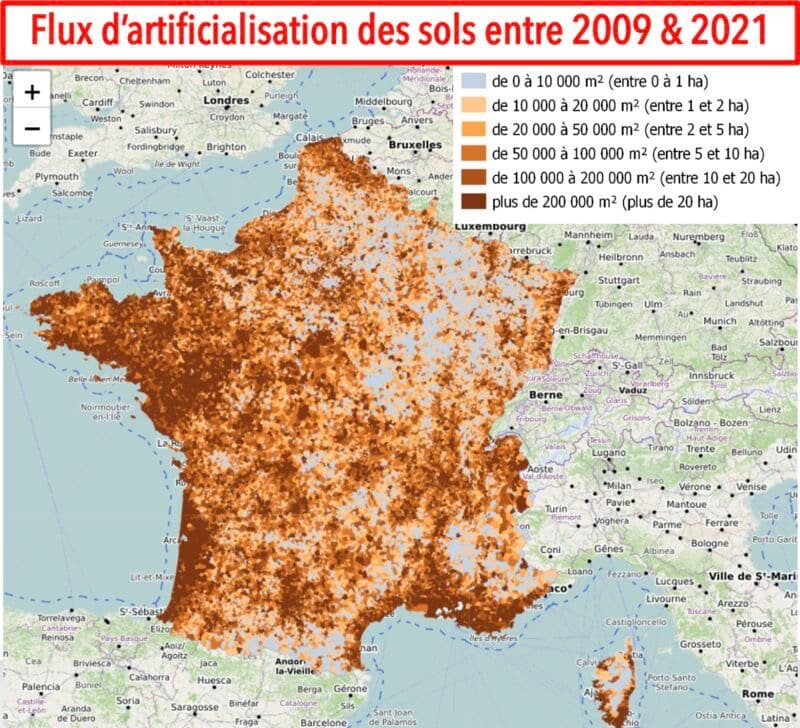
Speaking of raclette…
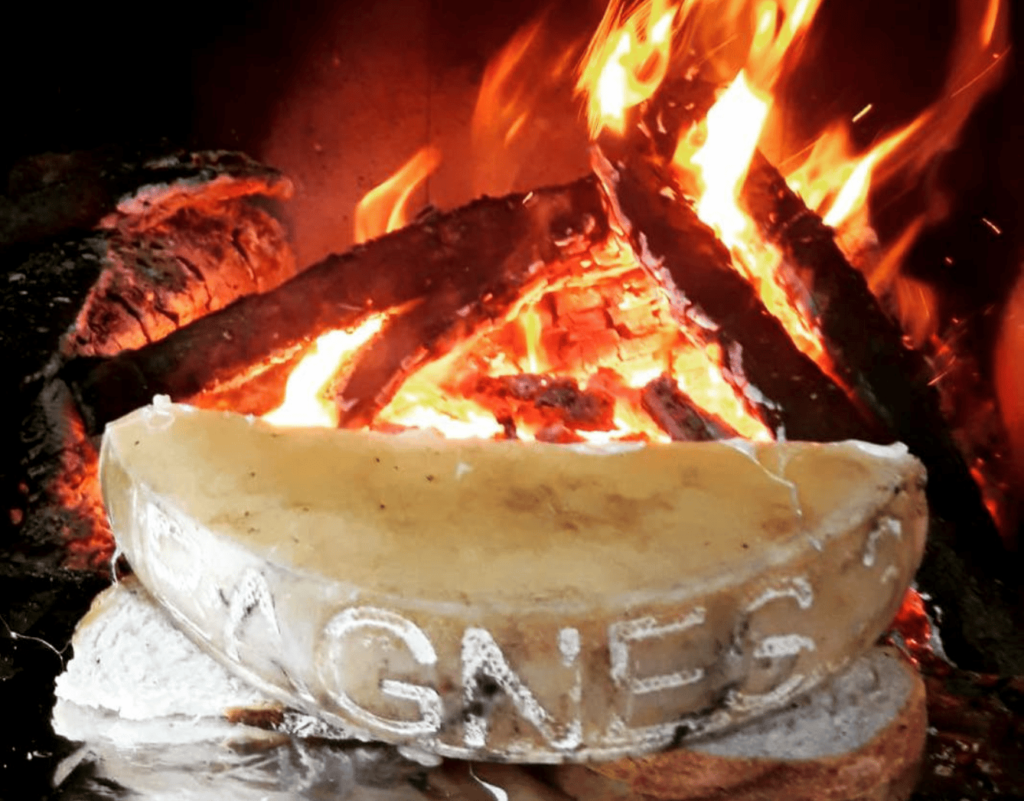
A must for winter holidays, raclette was a cheese roasted by Valais peasants in front of the fireplace and will become one of the national dishes over time. It will take the 1960s for the French industrialists Tefal and Entremont to join forces to impose a new idea of the mountains on the holiday plate of the French. However, we will wait until 2017 for a “Raclette de Savoie” IGP to be born. I let you imagine, between the two, the quality of the products offered compared to the recipe imagined centuries before by the Swiss shepherds.
The good old traditional dish of the mountains is in fact a myth made from scratch by industrialists.
Customers who have already moved towards environmental sobriety
In the eye of the environmental storm
There is no tourism without tourists, and them, it is perhaps through this that the salvation of a reasoned tourism can work.
Customer behavior has changed dramatically over the years, and they are now looking for another form of tourism. Laurence Body explains this very well in her series of articles on customer experience.
Over the course of new generations and changes in post-modern society, habits and expectations have also evolved.

The expectation of rejuvenation tourism that advocates inner well-being, living well takes precedence over consumer tourism based on letting off steam.
It’s time for reconnection with the earth, for reunion with loved ones but also for self-realization. This is what reasoned tourism will make up.
But all of this will only work if there are structural changes in terms of energy sobriety and tourist consumption. Note the excellent rating from the Paris Region Institute on companies that offer concrete solutions.
So, of course, the practices are still scattered and timid, but they have the merit of being there and can become the basis of the good practices of tomorrow.
The change will only be made by the world of private companies which, through customer expectation, will necessarily be in the front line to make progress in this transformation. The institutional world can only be a facilitator of cohesion for the destinations, too restricted by its sovereign constraints and unfortunately its political interests. This is proven by the feverishness of the state’s commitment to a binding change but, beyond that too, with the disappointment of the COP 27 agreements.
The Alps agency accompanies throughout the year a good number of territories in their strategies or their reflections that make the difference. Do you want to know our references? Contact us
You wish to organize a conference on this theme, contact us too, we will analyze your needs together.
You can read all the other articles of the Alps Agency in the Blog section and discover all the services we can offer you.
This article was written by François Veauleger
